April 13, 2021
If I had harbored even an iota of doubt about Junior Chandler’s innocence, it would’ve been vaporized by the podcast episode below.
Most dramatically, the Duke Wrongful Convictions Clinic’s meticulously assembled “Impossibility Exhibit” demonstrates that Junior was nowhere near the scene of his imaginary crimes….
But is the court paying attention?


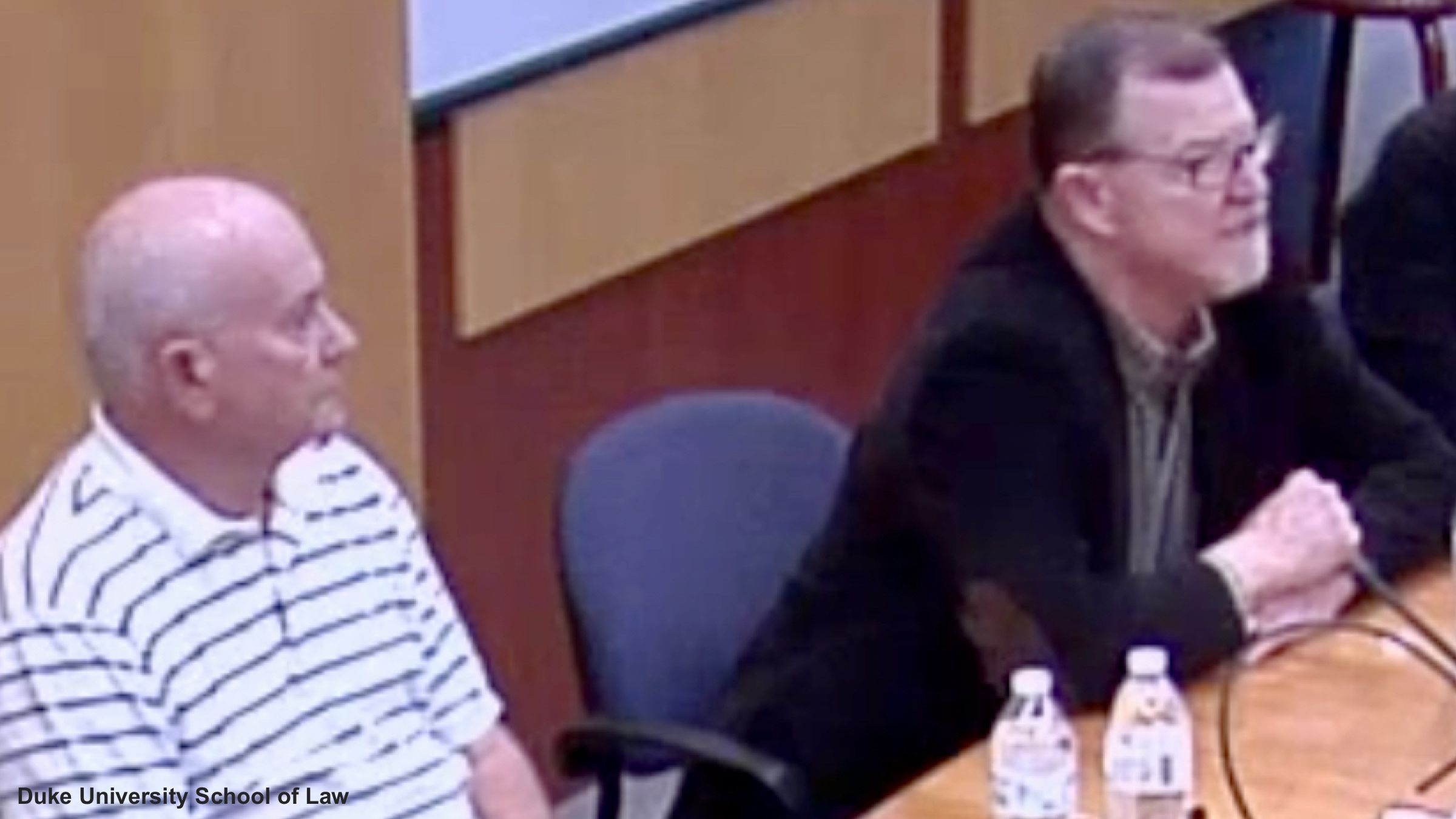
 In January she accepted a plea of “
In January she accepted a plea of “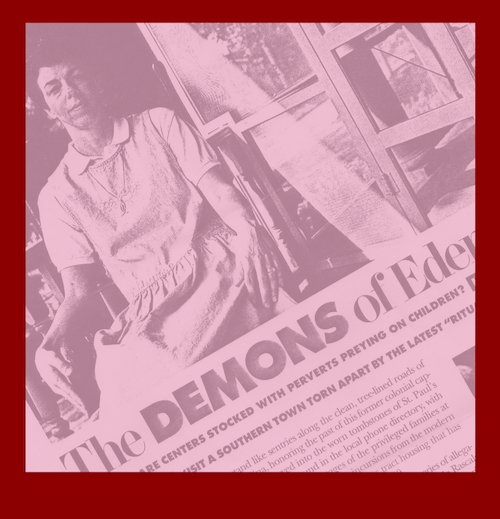 Nov. 26, 2019
Nov. 26, 2019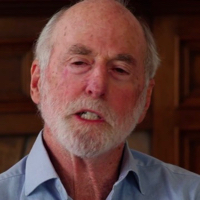

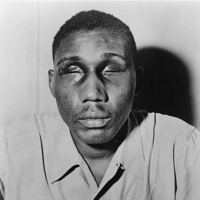
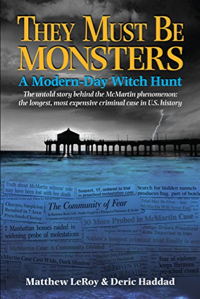 But Johnson did not act alone. Toward the end of the book Matthew LeRoy and Deric Haddad recall interviewing psychiatrist Roland Summit in his office and confronting him with evidence that – contrary to his earlier denials — he had been deeply involved not only with supporting Johnson’s bizarre accusations but also with fostering them.
But Johnson did not act alone. Toward the end of the book Matthew LeRoy and Deric Haddad recall interviewing psychiatrist Roland Summit in his office and confronting him with evidence that – contrary to his earlier denials — he had been deeply involved not only with supporting Johnson’s bizarre accusations but also with fostering them.